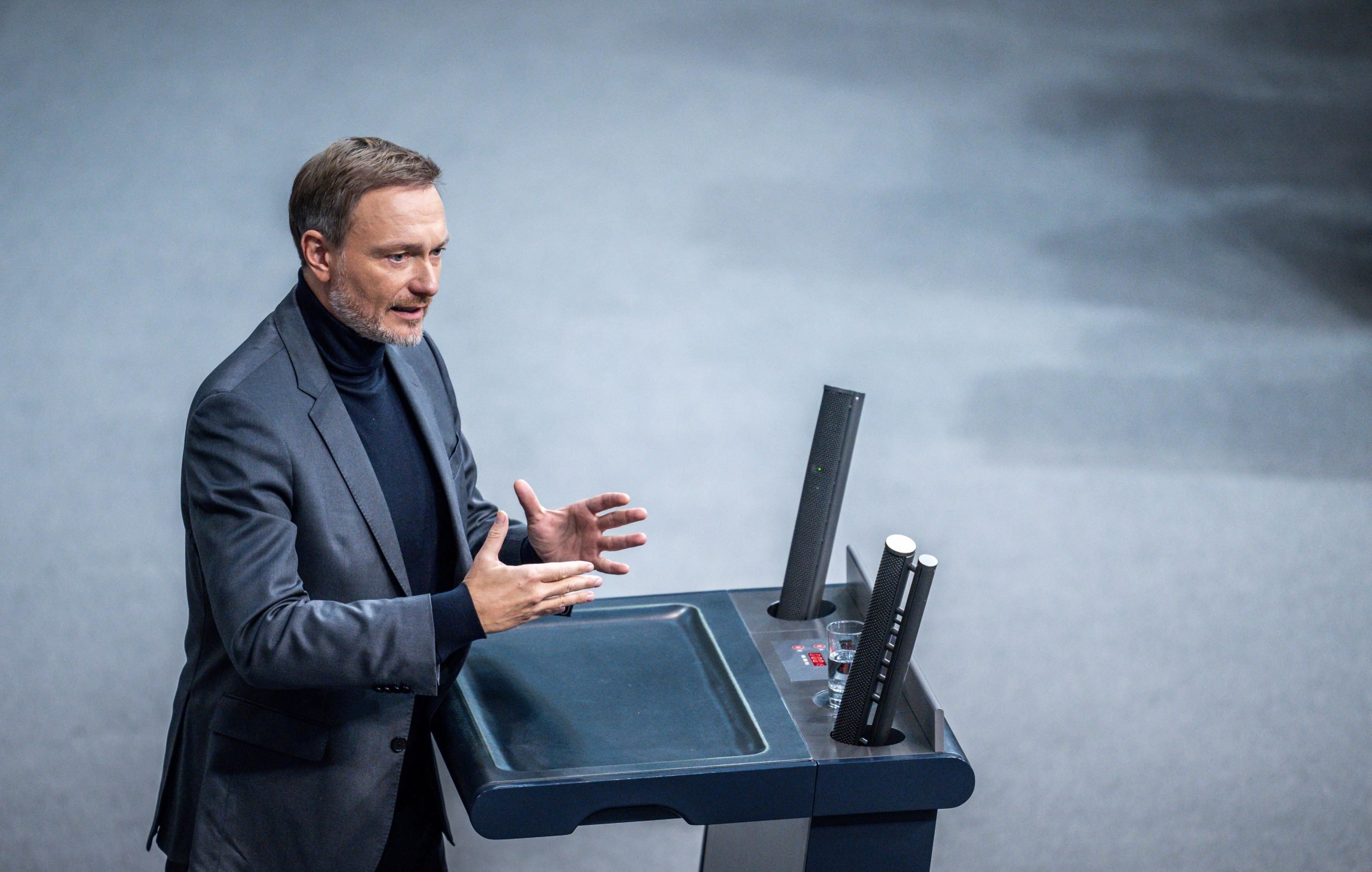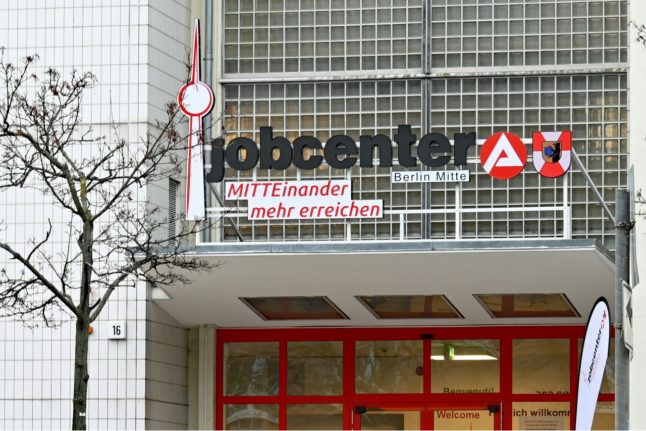The Free Democrats (FDP), who are a junior partner in the government with the Social Democrats (SPD) and Greens, are calling for stricter sanctions on those receiving Bürgergeld (long-term unemployment benefit).
According to a draft resolution ahead of the FDP’s upcoming party conference, those in Germany who refuse to work should have their benefits cut by 30 percent immediately.
“Anyone who does not fulfil their obligations to cooperate with citizen’s allowance (Bürgergeld) and, for example, refuses reasonable work without good reason, should face an immediate 30 percent reduction in benefits,” the paper states. The scope for stricter sanctions must be utilised, “up to and including the complete cancellation of benefits”, the paper adds.
Unemployment Benefit 2 or Bürgergeld, which was formally known as ‘Harz IV’ before a recent reform, is a benefit for individuals and families facing financial hardship because of long-term unemployment or low income.
Meanwhile, in January the German government already agreed to tighten these benefits. Under the plans, which were part of budget cuts, job centres can cancel Bürgergeld for unemployed people for a maximum of two months if those job seekers consistently refuse to take up work.
READ ALSO: How generous is Germany’s unemployment benefit system?
The two-page paper by the FDP outlines 12 points “to accelerate the economic turnaround” in Germany.
As well as cutting unemployment benefits, the FDP wants to abolish being able to retire with a pension at 63 and instead want to make working later more attractive. They suggest getting rid of the employer’s contribution to unemployment insurance once the standard working limit has been reached.

They also want to see tax benefits for working overtime and a reduction in bureaucracy at several levels, including in the construction sector.
The FDP executive committee plans to approve the paper on Monday, with the party conference in Berlin set to take a final decision at the weekend.
READ ALSO: Bürgergeld – Germany’s monthly long-term unemployment benefit to rise by 12 percent
However, it’s already sparking a dispute in the so-called traffic light coalition. Leading partner, the SPD, have rejected the proposals. SPD General Secretary Kevin Kühnert launched a public attack on the FDP, which is known for their business-friendly stance.
“The SPD will not allow our country to be run with the tact of investment bankers,” he told the Tagesspiegel on Monday, adding that “the basis of the traffic light coalition is and remains the coalition agreement”.
Bavaria’s state premier Markus Söder, of the opposition CSU, described the proposals as a “divorce certificate” for the coalition partnership.
Nearly 16,000 people had unemployment benefits cut last year
It comes after new figures revealed that job centres reduced the Bürgergeld rate from February to December last year for 15,777 people who either rejected job offers or did not want to accept or continue work or training.
In total, authorities recorded more than 226,000 cases of benefit sanctions last year. Most of these (84.5 percent) were because those affected did not turn up for appointments, according to the Federal Employment Agency (Bundesagentur für Arbeit) figures.
Around 5.5 million residents in Germany receive the Bürgergeld benefit and 3.9 million of this group are considered employable, according to authorities.
READ ALSO: Unemployment benefits cut for almost 16,000 in Germany who refused to work



 Please whitelist us to continue reading.
Please whitelist us to continue reading.
Member comments